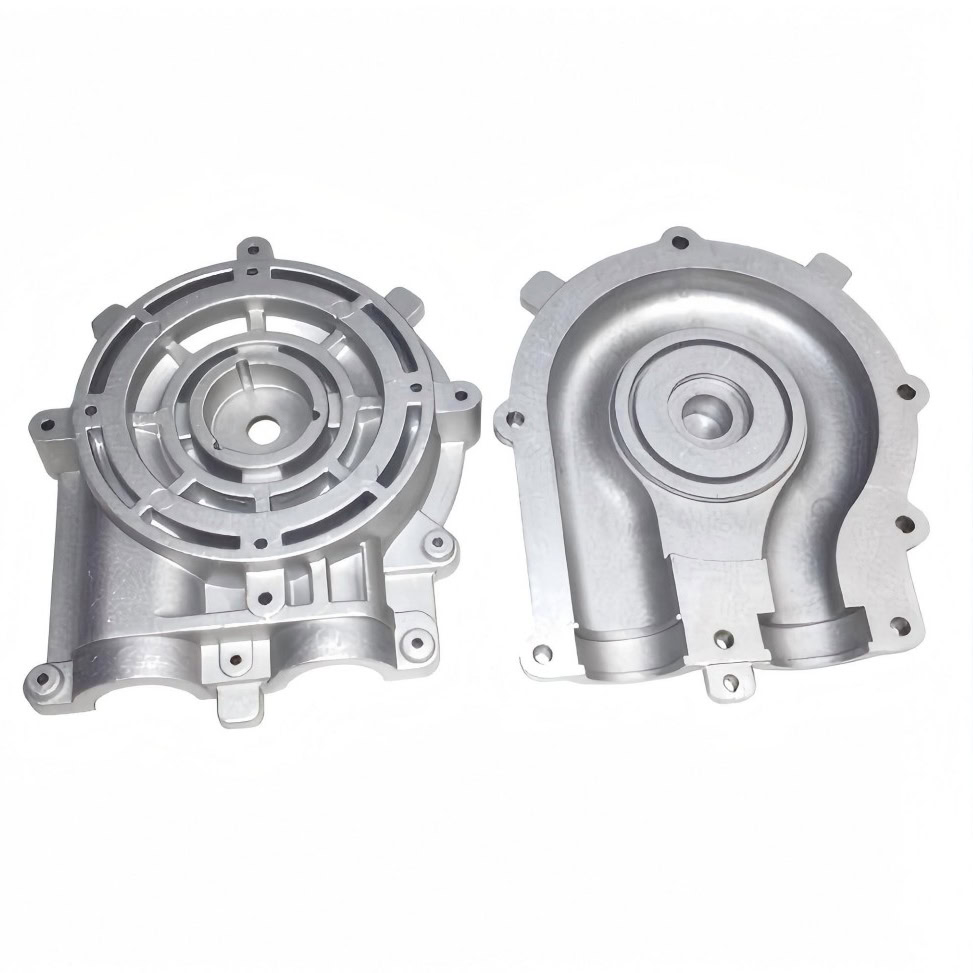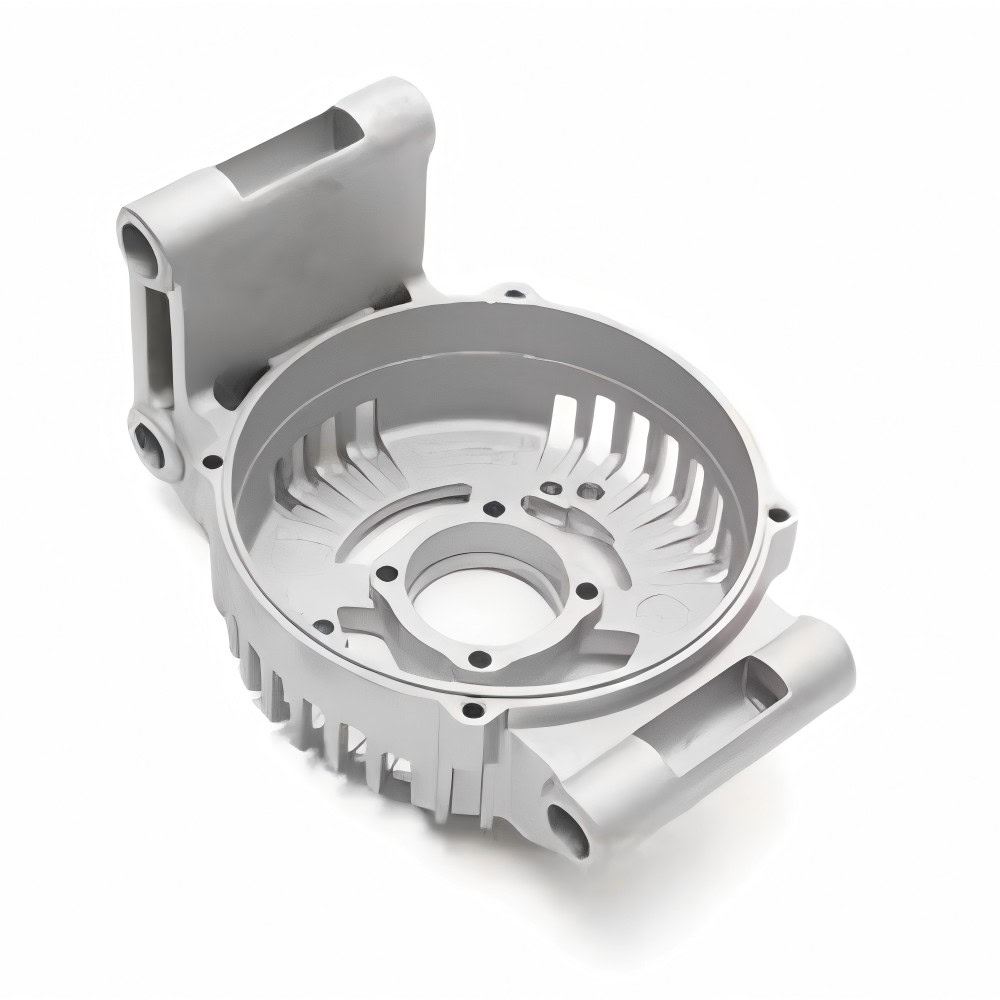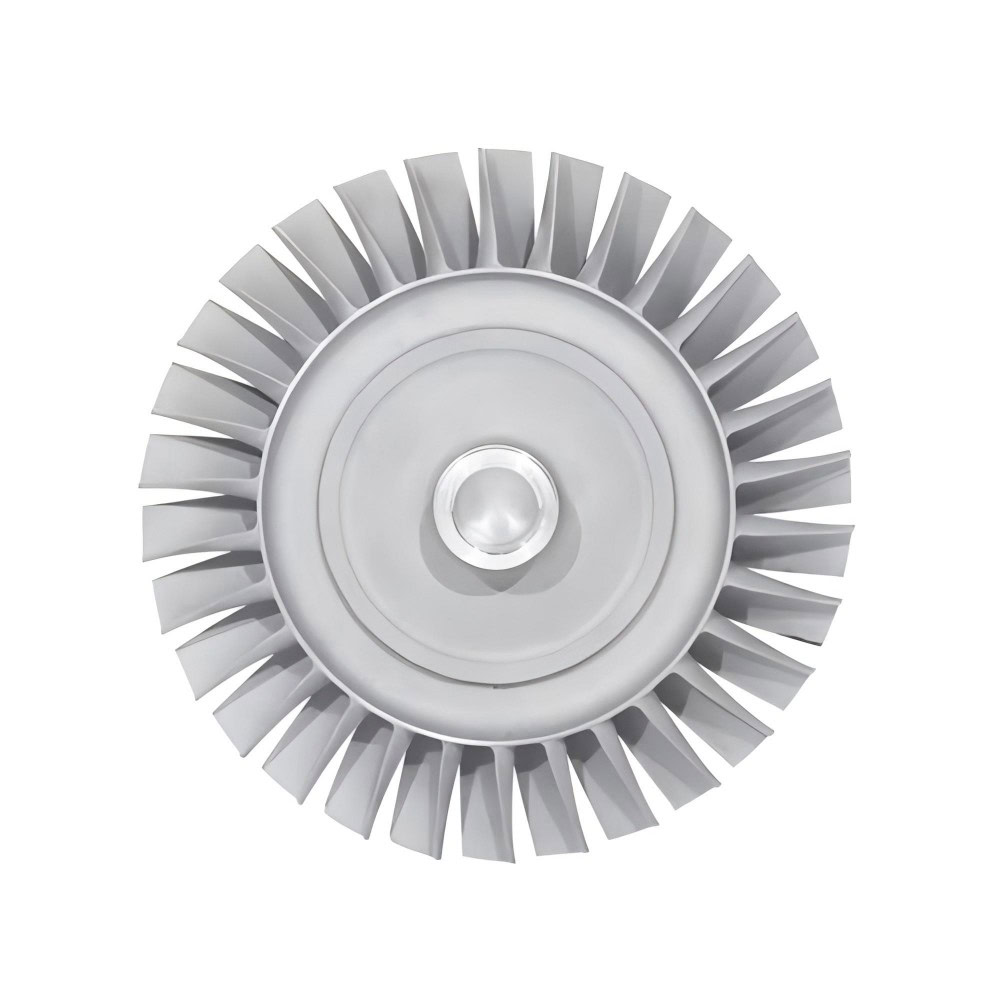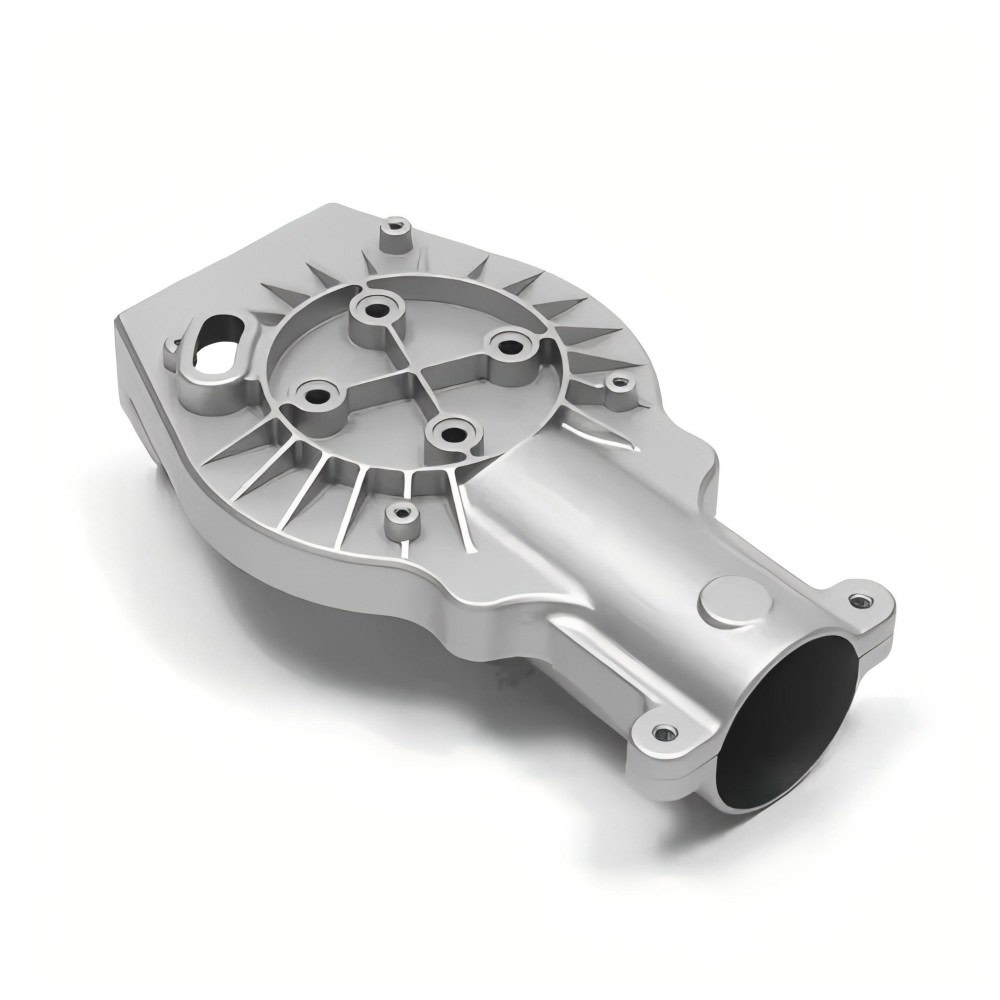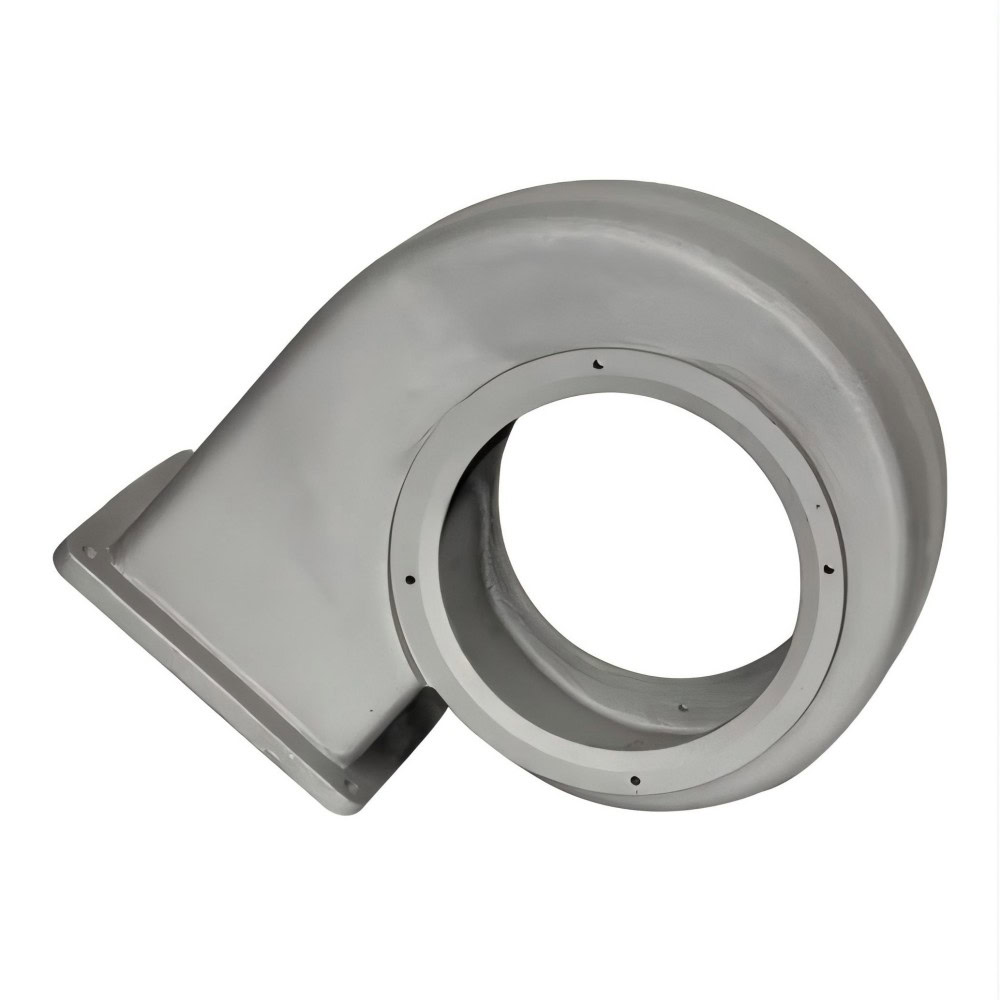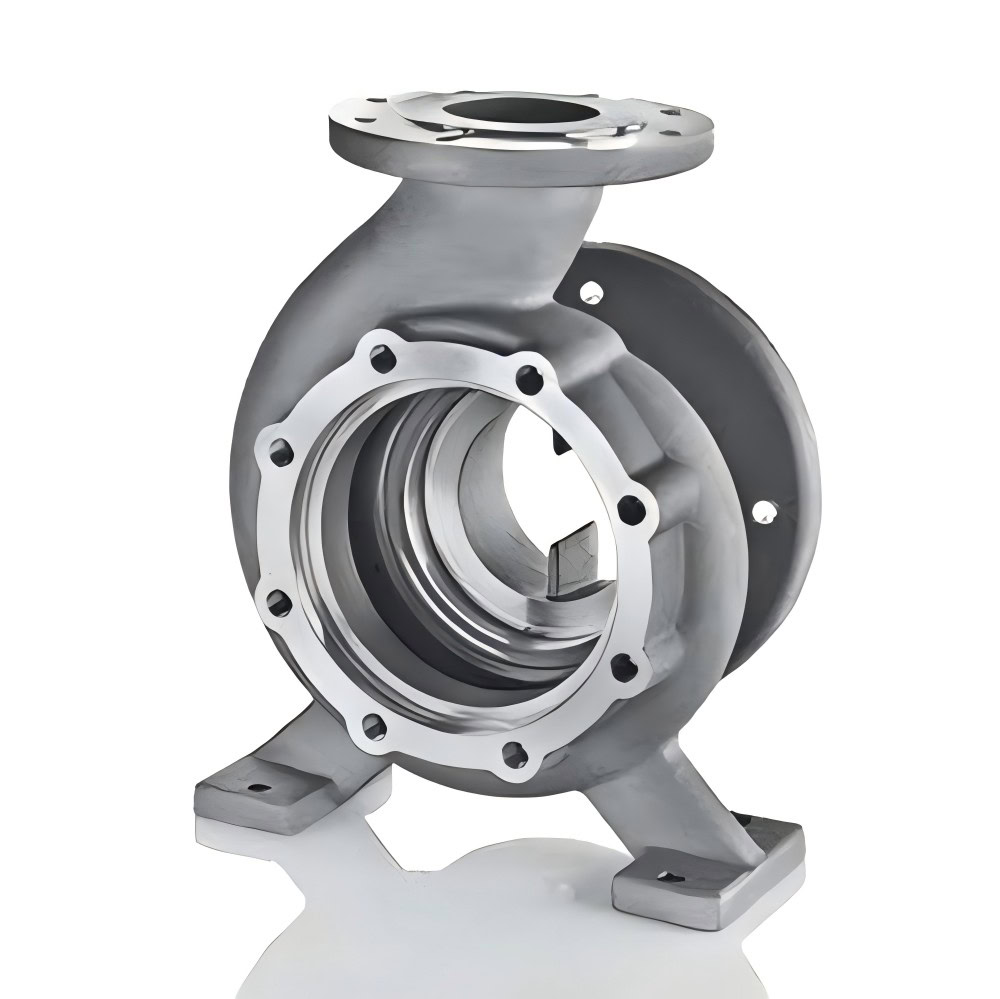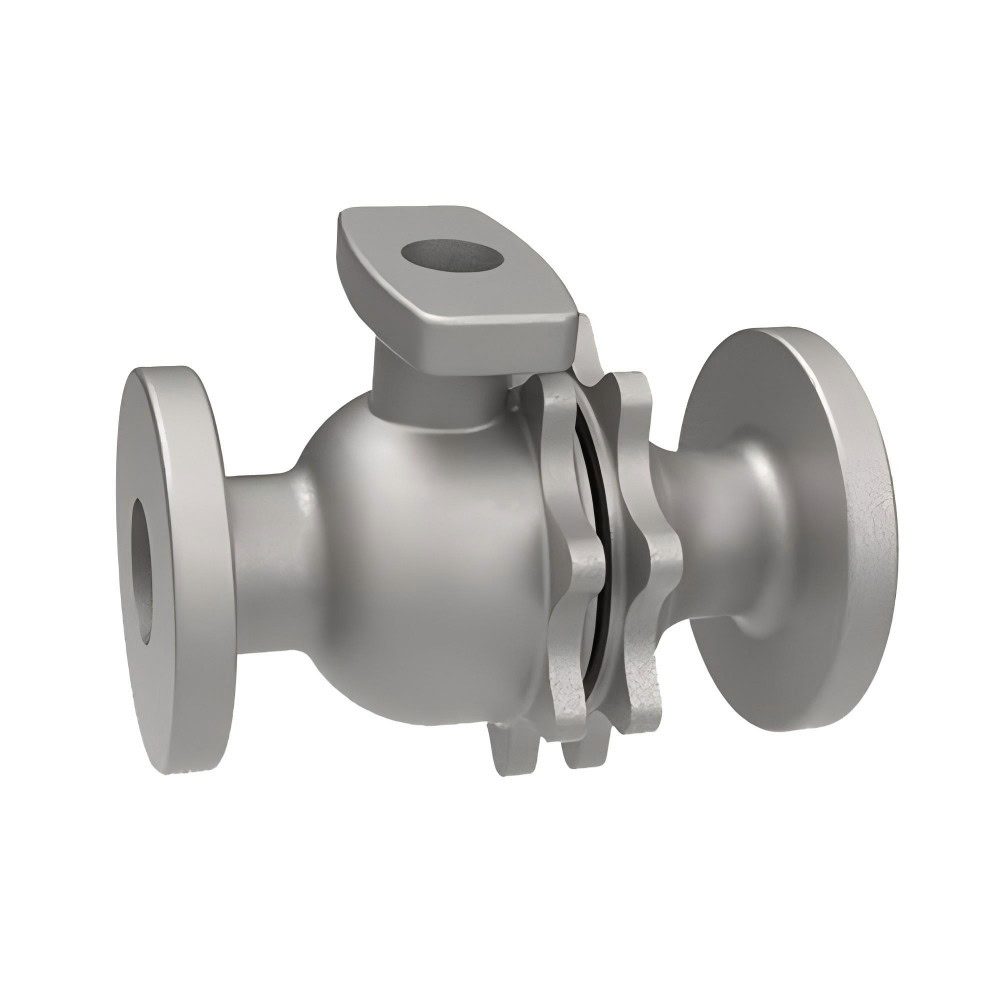Titanium Precision Casting Services
Various types of Precision casting machines weigh from 180 tons to 2,000 tons, capable of manufacturing titanium die casting parts from a few grams to over 100 pounds. Finishing Services include anodizing, powder coating, sandblasting, polishing, etc.
- ASTM B367
- Weight: 5g-45kg
- Tolerance: +/- 0.02 mm
- Material: Pure Titanium, Titanium Alloy
- Size: Minimum 1 mm, Maximum 800 mm
Wstitanium Workshop
Our Powerful Facilities

Precision Casting Titanium Parts Manufacturer
Precision titanium casting refers to the process of creating parts by injecting molten titanium and titanium alloys into a mold under high pressure or without pressure and cooling them. It includes die casting, sand casting, investment casting, etc. Titanium has unique properties such as high thermal stability, corrosion resistance, and biocompatibility, and is a very popular die casting material. Precision titanium casting is particularly suitable for manufacturing titanium parts with high weight strength and is widely used in aerospace, medical equipment, automotive and other industries.
Precision Casting Capabilities
To meet the diverse needs of customized precision casting services, Wstitanium has the in-house metallurgical engineering knowledge and equipment to complete your project. We provide customized services for die casting, investment casting, green sand casting, and gravity die casting. State-of-the-art casting equipment means precision castings are achieved every time. If you have a desire to cast titanium parts or want to bring your new innovative titanium product to market, let us make it for you. We are a leader in China in casting titanium products and have been engaged in commercial projects for aviation-grade castings. We are able to meet your custom prototype machining needs as well as low-volume manufacturing projects.
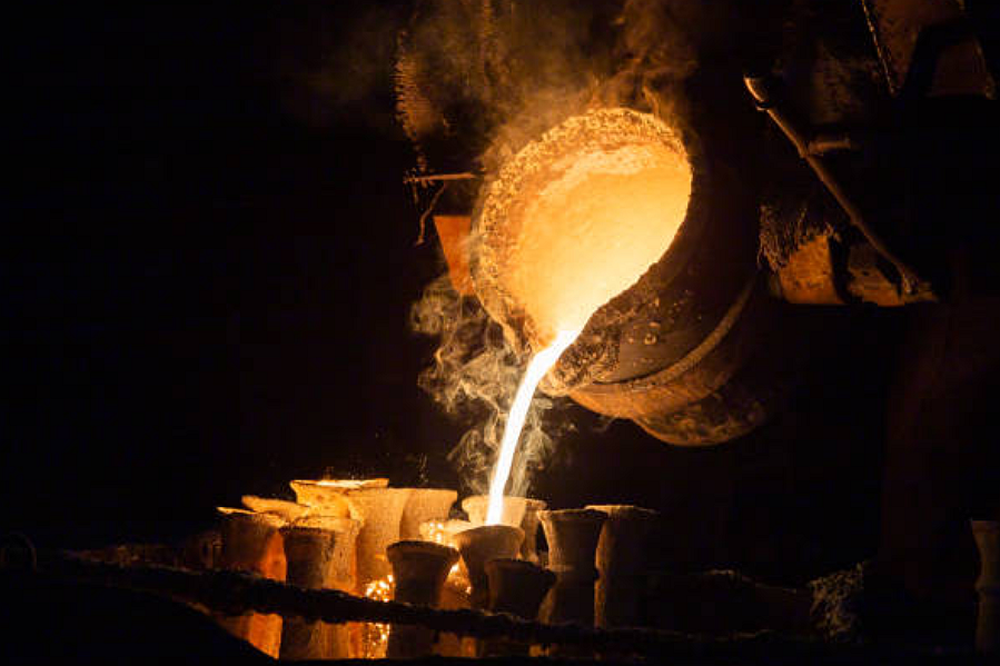
Investment casting involves injecting molten titanium into a prefabricated ceramic mold, ensuring the manufacture of precise titanium parts with complex geometries and details.
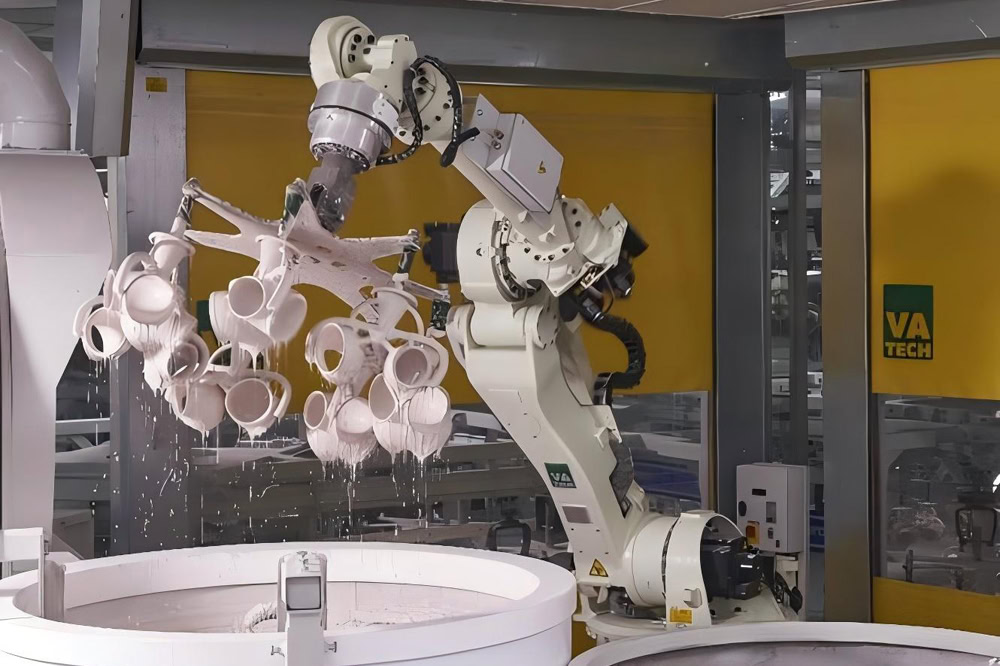
Gravity Casting
Custom gravity casting services use gravity to pour molten titanium into a mold to create thin-walled, high-quality surface finish parts, reducing the need for surface treatment, saving time and costs.
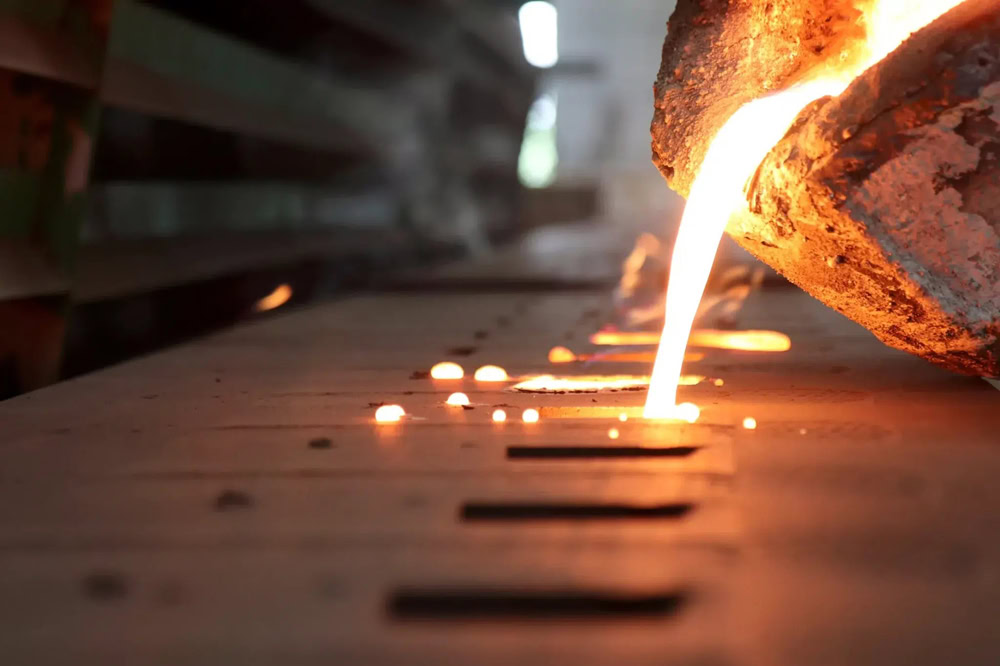
Precision custom sand casting services are a relatively low-cost manufacturing process. This makes it a cost-effective solution for producing small to medium-volume parts.
Titanium parts manufacturing specifications
Titanium casting is an important means of manufacturing various functional parts, and the size range of parts suitable for different casting processes varies significantly. This not only affects the production efficiency and cost of parts, but also determines its feasibility and reliability in different application scenarios.
| Standard | Die Casting | Gravity Casting |
| Max custom part size | 600×500×300 mm | 1500×1500×1500 mm |
| 23.6×20×12 in. | 59×59×59 in. | |
| Min custom part size | 1×2×2 mm | 10×30×30 mm |
| 0.04×0.08×0.08 in. | 0.4×1.2×1.2 in. | |
| Min wall thickness | 0.4 mm | 2 mm |
| 0.012 in. | 0.1 in. | |
| Max wall thickness | 12 mm | 100 mm |
| 0.5 in. | 4 in. | |
| Min net weight | 15 g | 50 g |
| Max net weight | 38 kg | 300 Kg |
| Tolerance | 0.3 % part size | 0.4 % part size |
| Min tolerance | ± 0.2 mm | ± 0.5 mm |
| Cost effective MOQ | 500+ pcs | N/A |
Precision Mold Manufacturing Capabilities
Titanium casting requires extremely high precision and quality of the mold. Wstitanium uses advanced 3D modeling software, such as UG, Pro/E, etc., to accurately digitally design titanium casting molds to ensure the dimensional accuracy and structural rationality of the mold. According to the process requirements of titanium casting and the use environment of the mold, select suitable mold materials, such as high temperature resistant, wear resistant, and low thermal expansion coefficient materials, such as molybdenum alloy, tungsten alloy, ceramic, etc., to ensure the dimensional accuracy and service life of the mold under high temperature and high pressure. Wstitanium’s powerful 5-Axis CNC machining manufactures high-precision, high-strength, and high-temperature resistant molds to ensure the dimensional accuracy and surface quality of titanium parts. Meet the complex shape and high precision requirements of titanium castings.
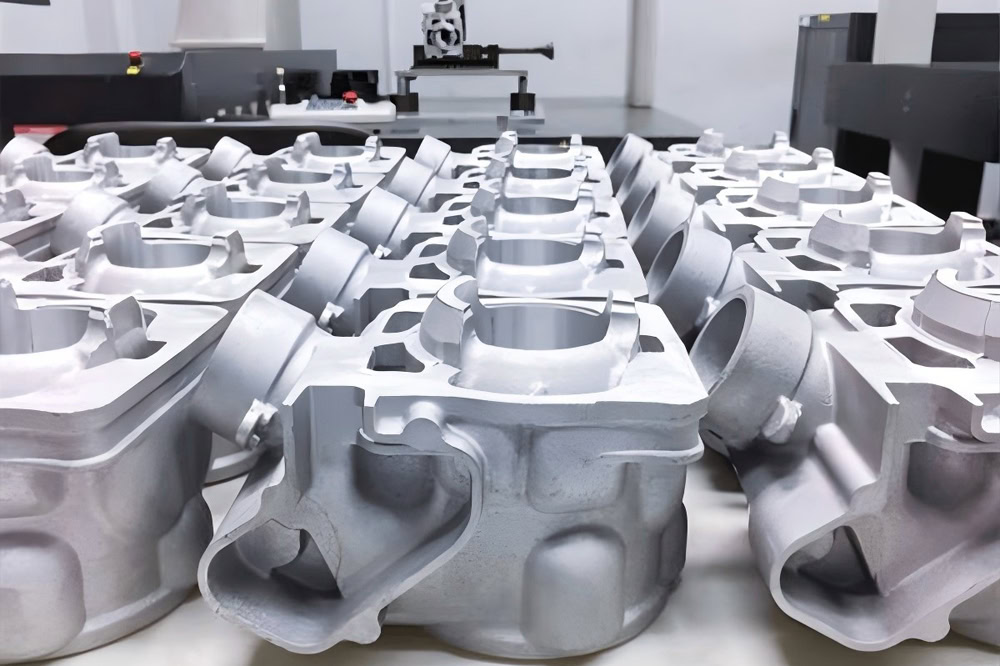
Internal Professional Technical Team
At the same time, titanium parts casting involves complex physical and chemical processes and process control. Wstitanium’s internal professional technical team includes material scientists, casting engineers, mold engineers, quality control engineers, etc. They have rich experience and expertise and can solve various problems that arise in the casting process.
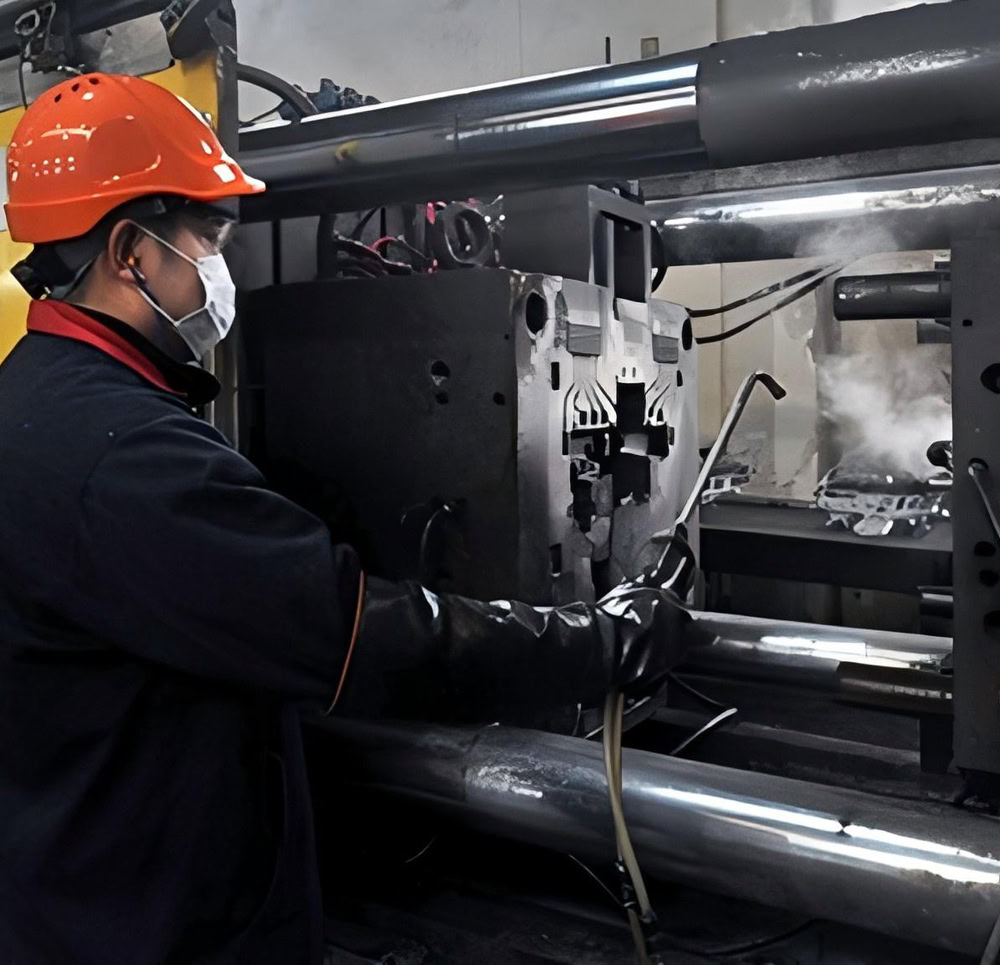
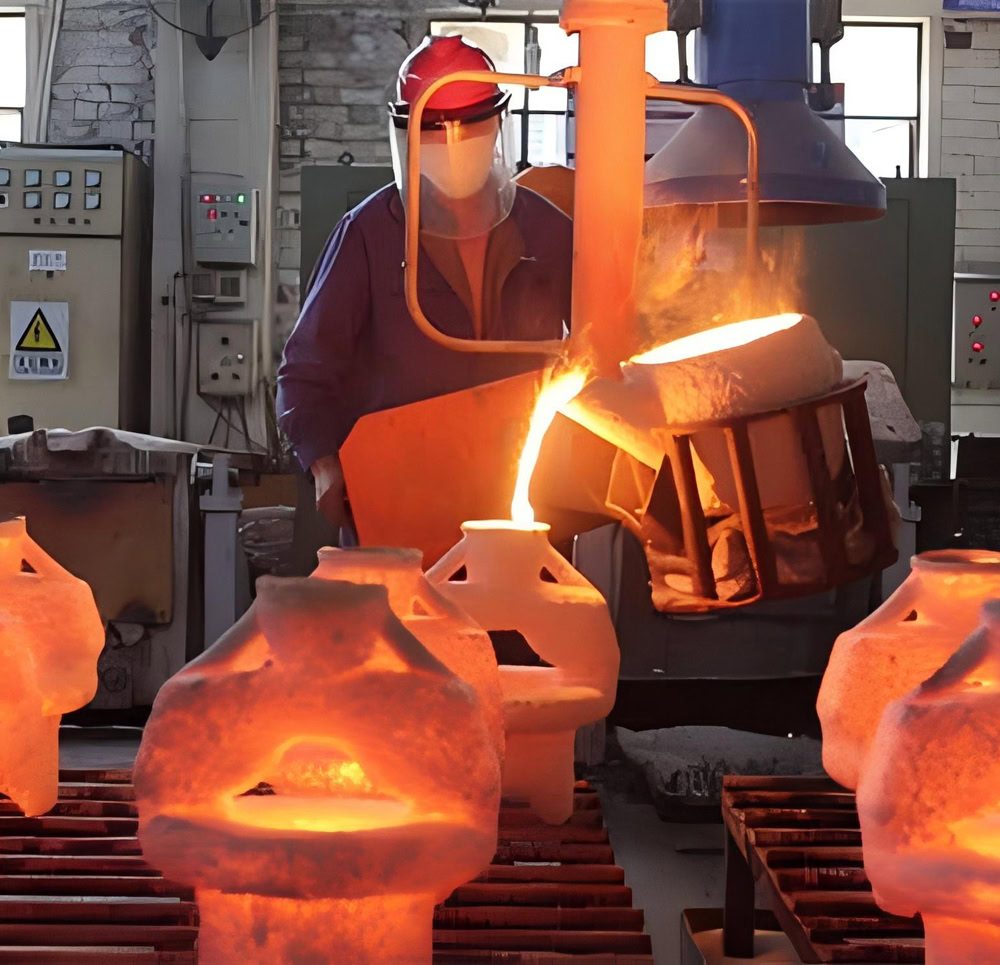
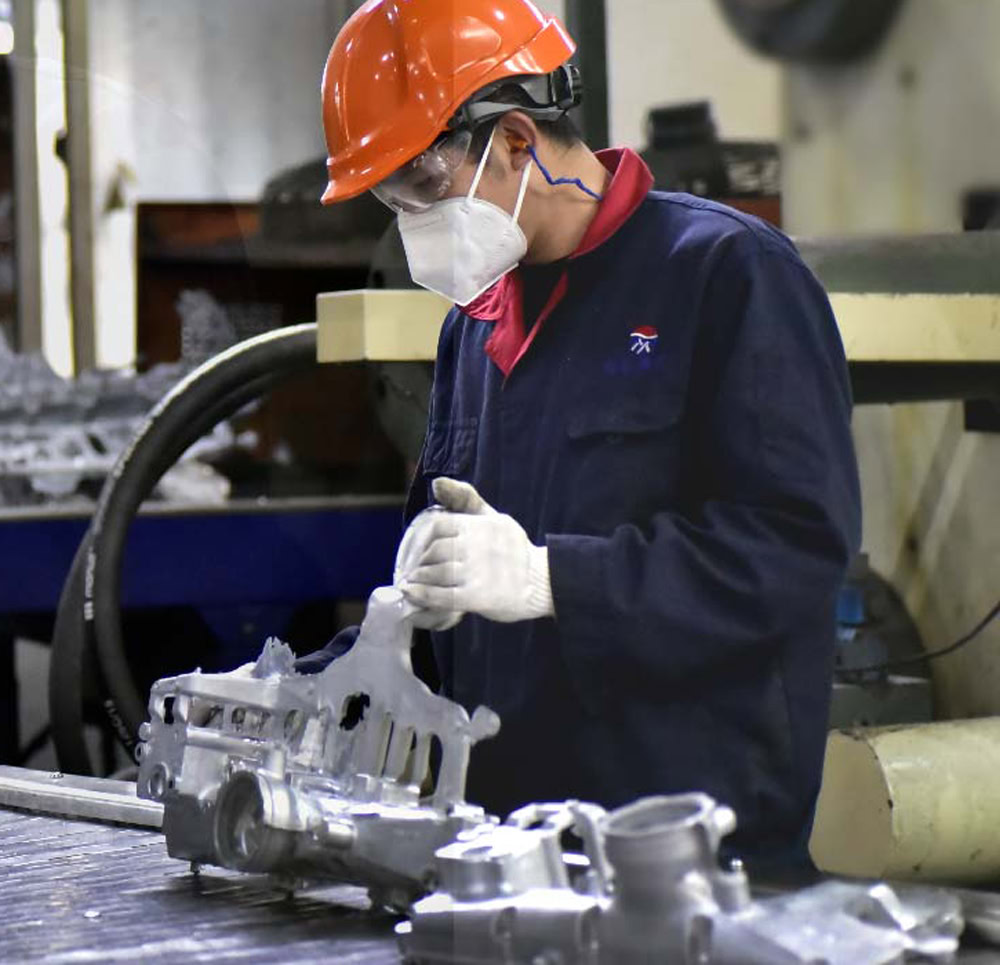
Precision casting titanium and titanium alloy grades
As an ancient and constantly innovative molding process, casting has shown unique advantages and potential in the manufacture of titanium. Due to the high chemical activity, high melting point and easy oxidation of titanium during the casting process, casting titanium faces many challenges. In the process of constantly overcoming these problems, Wstitanium has developed and optimized a series of titanium grades suitable for casting processes, which has brought new development opportunities to many industries. Different cast titanium grades have their own characteristics in chemical composition and performance to meet the specific needs of different fields.
- Grade 2 Ti (Ti-CP)
- Grade 5 Ti (Ti-6Al-4V)
- Grade 19 Ti (Beta-C)
- Grade 23 Ti (Ti-6Al-4V ELI)
Alloy Grade | Titanium (Ti) | Aluminum (Al) | Vanadium (V) | Tin (Sn) | Iron (Fe) | Oxygen (O) | Other Elements |
|---|---|---|---|---|---|---|---|
Grade 2 Ti | 99.2% | – | – | – | 0.30% | 0.25% | – |
Grade 5 Ti | 90.7% | 6.0% | 4.5% | – | 0.25% | 0.20% | – |
Grade 19 Ti | 90.9% | 6.0% | 4.0% | 0.25% | 0.25% | 0.15% | – |
Grade 23 Ti | 90.0% | 6.0% | 4.0% | – | 0.25% | 0.13% | 0.1% Al, 0.4% Sn |
Finishing Services for Cast Titanium Parts
As an important means to create the initial shape of titanium parts, the casting process can give the parts complex geometric shapes, but it also inevitably causes defects such as oxide scale, blisters, and pores on the surface of the parts. These surface problems not only affect the appearance quality of titanium parts, but also pose potential threats to their performance and service life. Taking the aerospace field as an example, titanium alloys are widely used in key parts such as engine parts and fuselage structural parts. Under the extreme operating conditions of high temperature, high pressure, and high speed of the engine, tiny defects on the surface of cast titanium parts may become sources of stress concentration, accelerating the generation and expansion of fatigue cracks, thereby endangering flight safety. Through advanced surface treatment technologies, such as reinforced coating, shot peening, etc., the hardness, wear resistance and fatigue resistance of the parts’ surface can be significantly improved, ensuring the stable operation of aviation parts under harsh conditions. Therefore, scientific and reasonable surface treatment of cast titanium parts has become a key link to unlock their potential.
- Anodizing
- Brushing
- Polishing
- Sandblasting
- Electroplating
- Powder Coating
- Mirror Finishing
- Pickling
- Passivation
- Alkaline Washing
- Boriding Treatment
- Electrolytic Polishing
- Physical Vapor Deposition (PVD)
- Chemical Vapor Deposition (CVD)
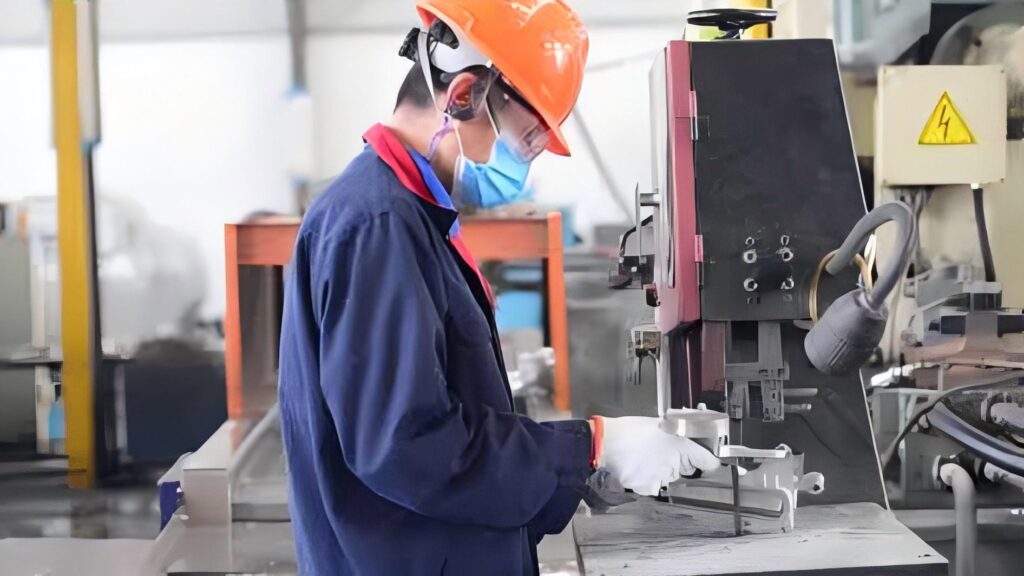
Casting Titanium Parts Application
Casting processes are constantly optimized to produce complex-shaped titanium parts to meet the increasingly diverse design needs of various industries. Whether it is the precision titanium parts in electronic equipment or the engine parts with unique structures in the automotive industry, cast titanium parts provide strong support for product innovation with their molding advantages and material properties.
- -Aerospace: engine parts, structural parts, accessories, etc.
- -Chemical Industry: Chemical Pipes, Heat Exchangers, Pumps, Valves, Impellers, etc.
- -Medical devices: artificial joints, dental implants, surgical implants, etc.
- -Automobile manufacturing: chassis and suspension system parts, etc.
- -Sports equipment: yachts, bicycle frames, golf clubs, etc.
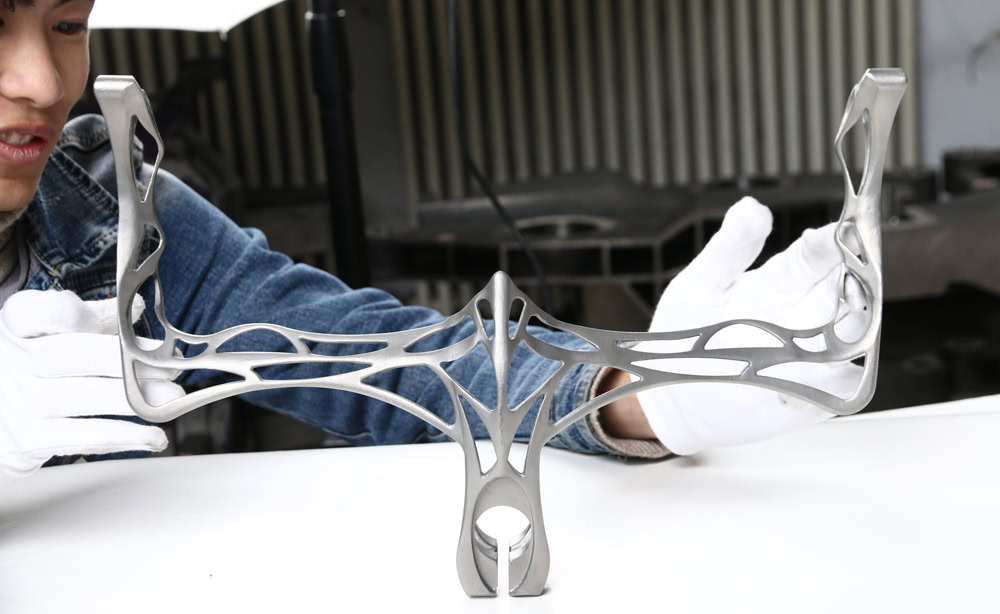
Wstitanium Precision Casting Workflow
Explore the complexity of precision casting and its step-by-step manufacturing process. Understand the importance of quality control measures throughout the precision casting process.

Inquiry and Quotation
After receiving your inquiry, Wstitanium confirms the specifications of custom cast titanium parts with you and quotes you a competitive price within 3 hours.

DFM and Mold Flow Analysis
Professional mold flow analysis and DFM analysis propose feasible solutions for your design and optimize the manufacturing of titanium parts.

Prototyping and Rapid Prototyping
Wstitanium provides prototyping, CNC machining and 3D printing services. Verify the feasibility and practicality of the design within 1 to 3 days.

Mold Manufacturing
Wstitanium manufactures molds according to reasonable process flow. Precision molds are the prerequisite for high-quality titanium parts.

T1 Sample Confirmation
Sample specification confirmation means that the mold is successfully made. This is also a necessary step for mass production.

Low Volume Manufacturing
Experienced manufacturers perform low volume manufacturing to further verify the stability and reliability of custom parts manufacturing.

Mass production
Continue to optimize the production process and implement the PDCA cycle to achieve the goal of reducing costs and improving quality.

Quality Inspection and Shipping
The final product needs to be fully inspected according to the drawings to ensure the best quality. Shipping by sea, FEDEX, DHL.
Cast Titanium Parts Gallery
